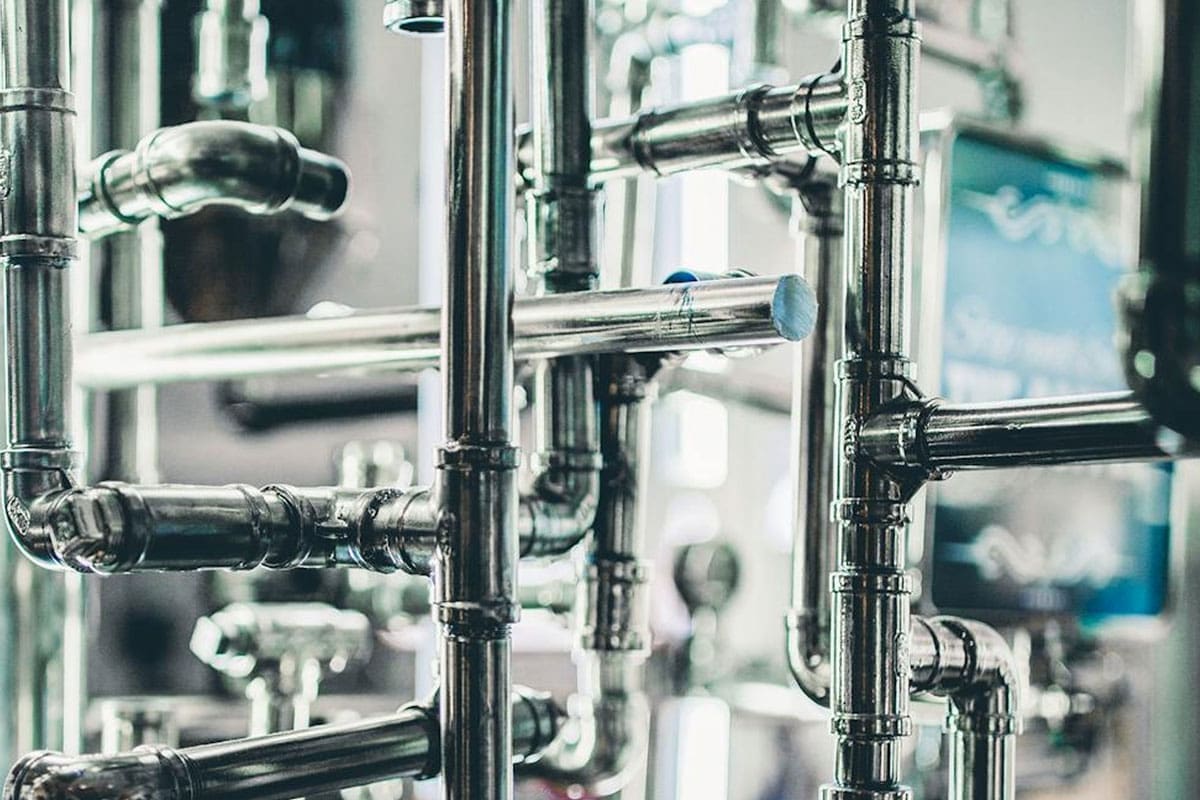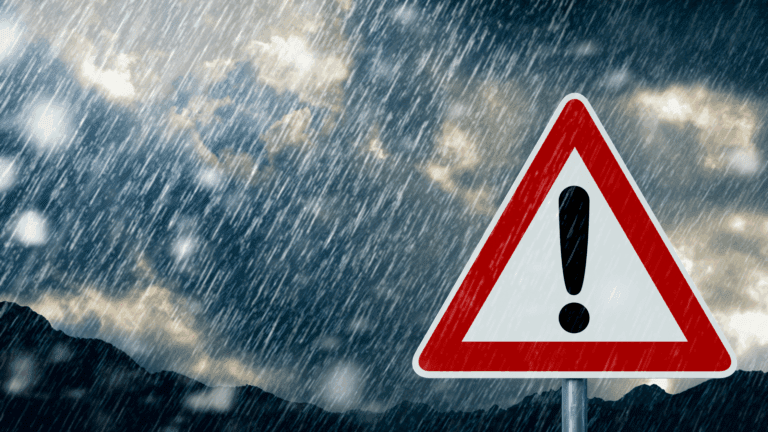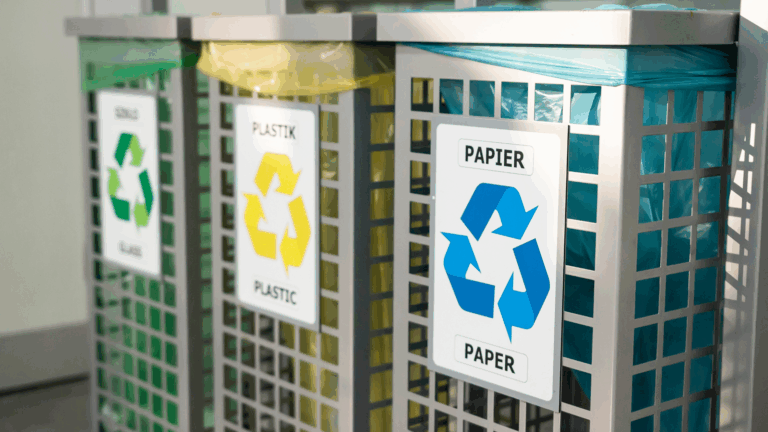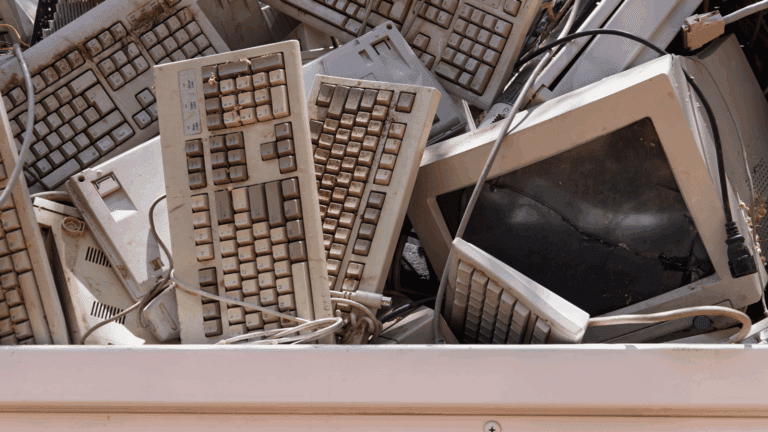
The future is now, and it’s changing the UK water sector
The world is growing increasingly tech savvy, and the water industry is no exception. To keep up with modern demands, and face the challenges of climate change, population growth, and infrastructure management, the UK water industry is investing in innovative technologies.
Safe, clean water for drinking, sanitation, and industrial use is vital, and modern tech like machine learning is designed to enhance efficiency and sustainability. Machine learning is revolutionising the way water utilities operate. Let’s take a look at how.
Understanding Machine Learning and AI
Machine learning (ML) is a subset of artificial intelligence (AI). ML involves training computer algorithms to learn from data and make predictions or decisions without needing to be explicitly programmed. These algorithms analyse huge volumes of data to identify patterns and make informed decisions. These decisions are made at a speed and accuracy beyond human capacity.
In the water industry, ML can be applied to a number of processes, from predicting equipment failures to monitoring water quality.
Water quality monitoring
Manual sampling and laboratory analysis are just some of the traditional methods of water quality monitoring, which can be time consuming and costly. AI allows these vital processes to be streamlined by continuously analysing data from sensors placed throughout the water distribution network.
ML can detect anomalies in water quality, including PH level changes, turbidity, and contaminants. Real-time alerts enable swift action to be taken to address issues before they escalate.

Water distribution optimisation
Water distribution networks are complex, containing various factors that influence their efficiency, including pressure, flow rates, and pipe conditions. ML can optimise these networks and streamline these factors, analysing historical data and predicting future demand patterns.
AI has the ability to forecast water demand based on factors like weather conditions, population growth, and seasonal variations. Utilities can then use these predictions to adjust pump operations and storage levels, stabilising water supply and minimising energy consumption.
ML can also identify leaks and inefficiencies in the distribution network, allowing for timely repairs and reducing water loss.

Infrastructure maintenance
One of the biggest challenges facing utilities is maintaining water infrastructure, such as pipelines, pumps, and treatment plants. Traditional maintenance approaches often rely on scheduled inspections or reactive repairs, but these can be costly and disruptive. ML offers a more efficient solution through predictive maintenance.
Analysing data from sensors embedded in infrastructure allows ML algorithms to predict when equipment is likely to fail, recommending maintenance before a breakdown occurs. This not only reduces downtime, but also extends the lifespan of assets and lowers maintenance costs. It also ensures that the water supply remains uninterrupted, providing a higher level of service to customers.
Water resource management
With climate change and increasing demand to deal with, effective management of water resources is crucial. AI can help utilities make data-driven decisions regarding water sourcing, conservation, and allocation.
ML models can analyse rainfall patterns, soil moisture levels, and river flows to predict water availability. These predictions can then inform decisions on reservoir management, groundwater extraction, and water transfers across regions. By optimising the use of available resources, utilities can ensure a sustainable water supply even during periods of drought.
As machine learning technology continues to evolve, its applications in the water industry will expand. Getting familiar with how it works now can put businesses, customers, and utilities alike in a better position to reap the rewards of machine learning.

Contact Everflow today!
At Everflow, our goal is to make your utilities simpler. We ensure you get great-value contracts that are tailored to your needs and easy to manage.


